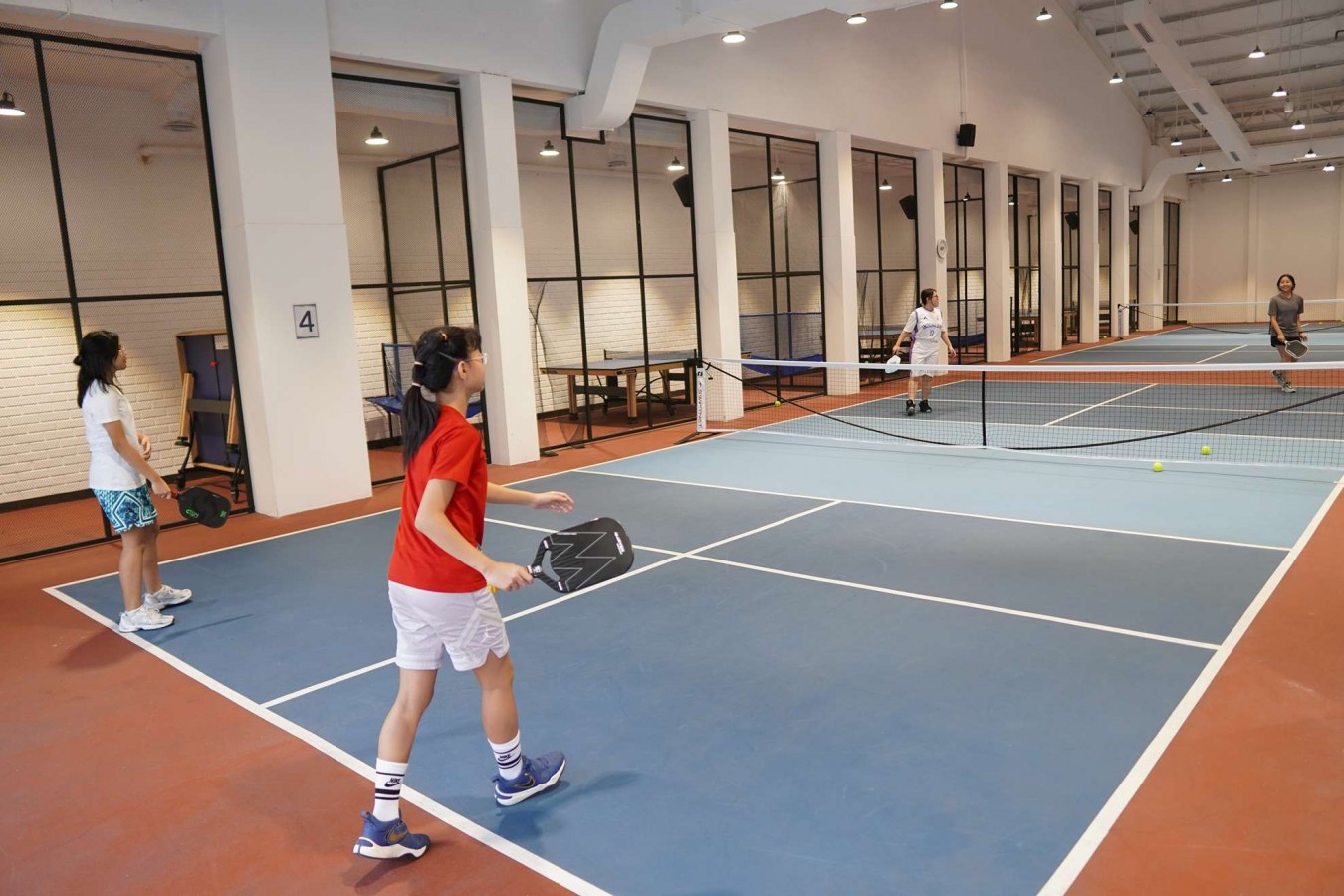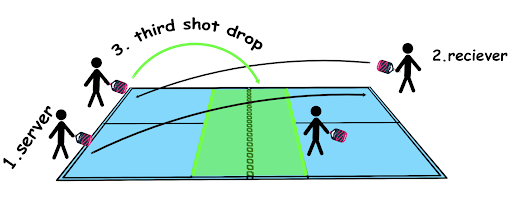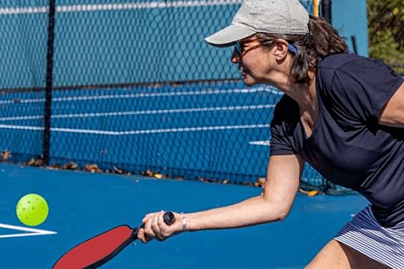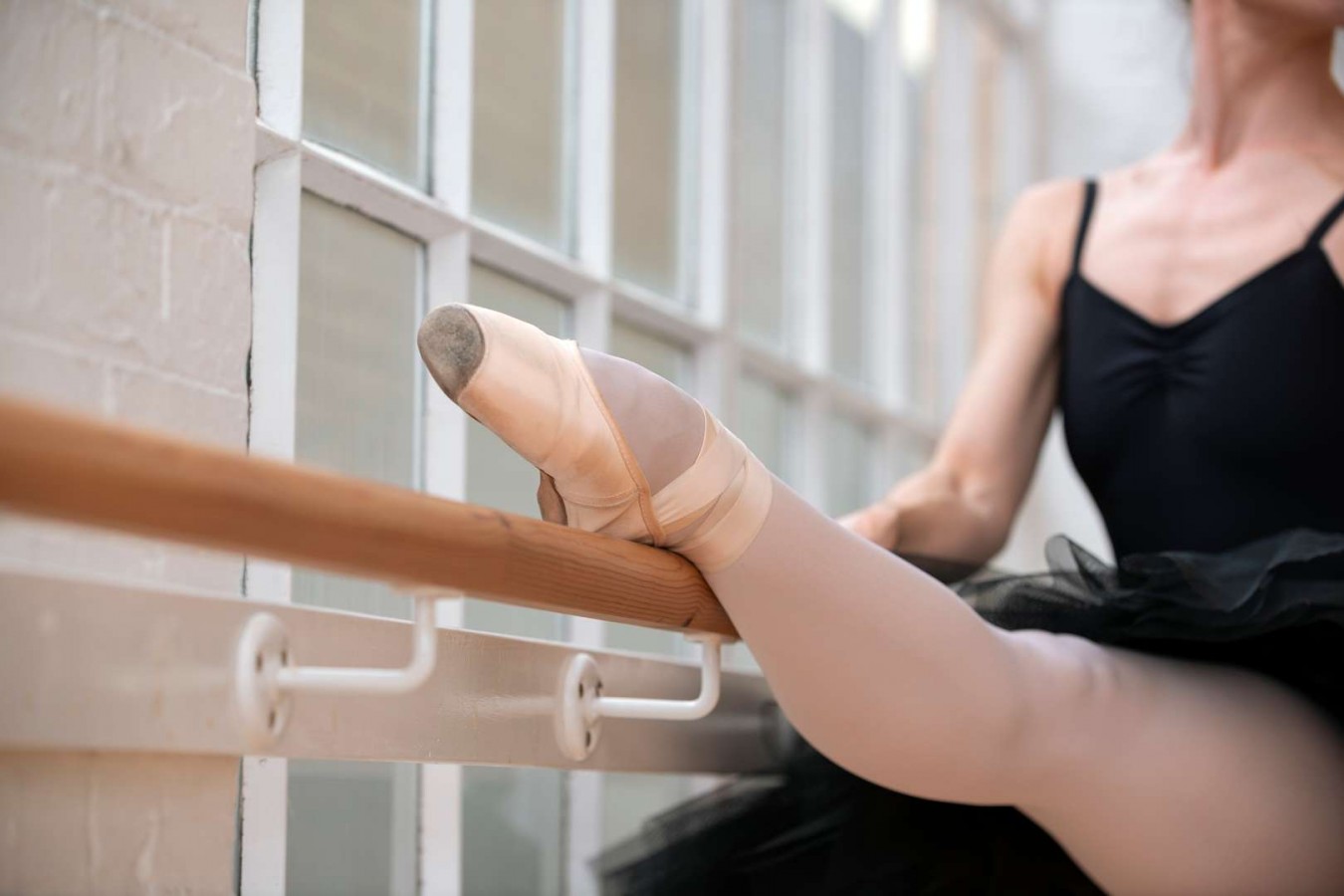Mastering the Third Shot Pickleball: Drops, Drives, and Game-Winning Strategy

In pickleball, the third shot is one of the most important moments in any rally, it sets the tone for how the rest of the point will play out. The third shot helps you transition from the baseline to the non-volley zone (NVZ), giving you a chance to take control.
In this article, we’ll explore what the third shot drop pickleball is, the difference between a third shot drop and drive, when to use each, why it’s so effective, and practical tips and strategies to help you master it and win more points.
What Is the Third Shot?

In pickleball, the third shot follows the return of serve and plays a crucial role in deciding court control. It helps the serving team transition toward the non-volley zone and typically involves either a drop or a drive, each offering strategic advantages based on the opponent’s position and the flow of the game.
The quality of your opponent’s return of serve plays a big role in shaping your third shot. A strong, well-placed return can disrupt your positioning, making it harder to set up an effective response. That’s why anticipating and adjusting to the return is key to maintaining control of the rally.
Third Shot Drop vs Third Shot Drive

The third shot drop and third shot drive are two key techniques that shape how a rally unfolds in pickleball. The drop is a soft, controlled shot that helps you move safely to the net, while the drive is a fast, aggressive shot meant to apply pressure. Here’s explanation about the difference between third shot drop and third shot drive:
1. Third Shot Drop
The third-shot drop is a gentle, high-arching shot that lands in the opponent’s non-volley zone, making it hard for them to attack. It’s especially effective against players already positioned at the net, helping you slow the pace, even the playing field, and move safely toward the kitchen.
This shot is a key element in doubles play, allowing you to control positioning and set the tone early in a rally.
2. Third Shot Drive
The third-shot drive is a strong, fast shot aimed at your opponent’s feet or mid-court to apply pressure and take control of the rally. It works best when opponents are off-balance, deep behind the baseline, or slow to recover. This aggressive tactic can force weak returns and push them even further back.
3. Percentage of Third Shot Drops vs. Drives
Based on Pickleball Effect, in professional play, the third shot drop is still the go-to move. It appeared in about 66% of the rallies studied. But here’s the twist: pros drive the third shot way more often than most players expect—about 34% of the time. This shows that the third shot drive is a legitimate strategic choice when used wisely.
But the real question is: Which one scores more points?
When looking at how rallies ended, the numbers got even more interesting:
- Third Shot Drop Win Rate: 45%
- Third Shot Drive Win Rate: 53%
Surprised? Many players assume drops are always the safer, more reliable option. But at the pro level, well-timed drives actually result in more winning points.
Of course, this doesn’t mean you should start blasting every third shot you get. A smart third shot drive can be incredibly effective when used in the right moment.
Mastering when to drop and when to drive is what separates good players from great ones.
When to Use Each Third Shot
Use a Third Shot Drop When:
- Your opponents are already at the net.
- You need to slow the pace and buy time to advance.
- You want to reset the rally and reduce pressure.
Use a Third Shot Drive When:
- Your opponents are positioned near the baseline.
- You want to apply pressure quickly.
- They’re expecting a softer shot and you can catch them off guard.
Why the Third Shot Is So Effective
The third shot is a powerful tool in pickleball because it lets you take control of the rally. Drops help neutralize your opponent’s advantage at the net, while drives apply pressure from the back of the court.
By using both strategically, you can control positioning, set the tempo, and force your opponents into errors.
Strategy & Tips to Use Third Shot
Using the third shot effectively in pickleball requires smart strategy and solid technique. Here’s strategy and several tips to use it:
1. Read the Court
Choose your third shot based on your opponents' positioning. You can use a drop when they’re close to the net to slow the game and neutralize their advantage, and go for a drive when they’re backing up or out of position to apply pressure and force a weak return.
2. Footwork Is Key
For a drop shot, use soft, balanced footwork to stay controlled and ready for the next exchange at the non-volley zone. For a drive, move explosively with a strong, stable stance and keep your center of gravity low to generate power.
3. Paddle Angle & Swing
When hitting a drop, keep the paddle slightly open and use a soft wrist motion to generate backspin. For a drive, maintain a neutral paddle angle and use a quick, controlled swing powered by your shoulders and core for a strong, accurate shot.
4. Target Placement
With a drop, aim for a shallow spot in the non-volley zone, ideally targeting your opponent’s feet to limit their ability to attack. When hitting a drive, aim deep toward their feet or the forward corners of the court to disrupt their positioning and reduce their chances of returning aggressively.
5. Spin & Variation
A drop shot with backspin helps slow the ball and makes it harder for opponents to return low. In contrast, a drive hit flat or with topspin generates speed off the paddle, and varying the pace between these shots keeps your opponents off balance and disrupts their timing.
6. Mix Them Up
Mixing drops and drives keeps your play unpredictable and forces opponents to stay alert. Following up a soft drop with a sudden drive can catch them off guard and lead to weak returns you can easily attack.
7. Practice Routines
Practicing third shot drills improves consistency, control, and game awareness. Drop drills enhance touch, drive drills build power and positioning, and combining both simulates real-game play, helping you react and adjust more effectively during matches.
Win More Points With Perfect Third Shot
To make your third shot more effective, avoid common mistakes like hitting drops that are too soft or deep, or drives that lack balance and power. Focus on better footwork, add spin for control, and vary your shot selection to stay unpredictable.
If you are a beginner in pickleball, Rockstar Academy’s Sports & Performing Arts Academy is the perfect place to start. Our pickleball class is designed with a structured leveling system and comprehensive curriculum, helping students progress step by step, from beginner to advanced levels.
Whether you’re learning your first third shot drop or refining your drive under pressure, each class is guided by experienced coaches who make learning fun, active, and effective.
At Rockstar Academy, our pickleball program also opens doors for students to compete at a higher level. As skills progress, students will have the opportunity to participate in Elite Championships, where they can experience the excitement of real competition, challenge themselves, and grow their confidence on the court.
With locations across Jakarta and a free trial available for all classes, you can always discover your potential with Rockstar Academy!
FAQ
Should I always use the drop on the third shot?
Drops dominate most games, but drives are essential when opponents aren’t fully at the net or are weak on the baseline .
Can beginners learn to drive the third shot effectively?
Yes, start with shorter targets and build power and consistency before moving deeper and faster.
How do I know when to mix shots?
Watch opponents first, then change rhythm when they adjust. Consistency invites return aggression and you can change it up beforehand.



